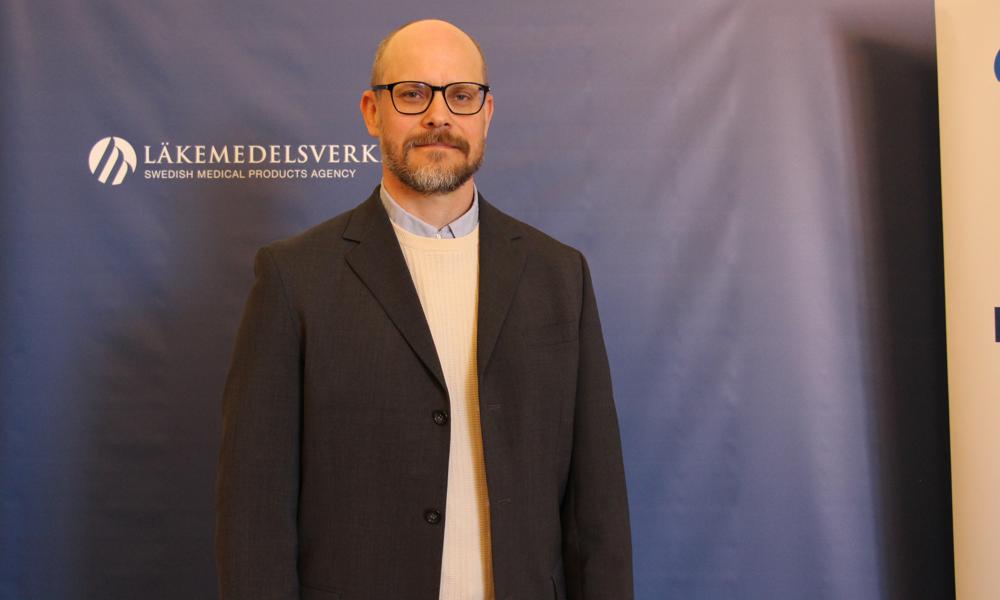The European medicines agencies had artificial intelligence on the agenda when they gathered for an EU meeting in Uppsala last week. Immediately after the meeting, we had the opportunity to meet Emer Cooke, Director General of the European Medicines Agency (EMA), Björn Eriksson, Director General of the Swedish Medical Products Agency (MPA) and Gabriel Westman, the MPA’s scientific head of AI.
Annons“Artificial intelligence will change much of the environment in which we work right now, and it will also change healthcare and the development of new treatments,” says Björn Eriksson.
In 2020, the Swedish Medical Products Agency began actively working with AI. The area is in high demand, and several advisory procedures are currently on the table of the European Medicines Agency, proposing the use of AI in drug development.
The Swedish Medical Products Agency also recognises many applications in the field of medical technology, where AI is included in systems for use in diagnostic disciplines such as radiology, pathology and clinical physiology, but also in processes such as triage of patients and assessing the risk of readmission. There is an almost constant evolution in this field.
Annons“The development is moving so fast that all stakeholders are struggling to understand the implications for the future,” says Gabriel Westman.
Björn Eriksson agrees.
“We need complex systems and many skilled people to understand the opportunities and risks of AI,” he says.
And the supply of skills is an important issue, adds Emer Cooke.
“We need people with cross-sectoral expertise and not only in AI. It is rather difficult to get the same expertise from the same person, so we must train our current experts.”

“In the field of medical technology, the gap between developers and users is a major challenge, which the Swedish Medical Products Agency is trying to assist in bridging,” says Gabriel Westman. He also emphasises that in order to apply these new technologies, the right expertise is required to understand the models.
Gabriel Westman leads the scientific work on AI at the Swedish Medical Products Agency.
“In many ways, implementing an AI system is more like recruiting an employee than buying an algorithm-based product. You need to know how and when they are trained, and what type of patients and geographical region the training data originates from. You must approach it in the same way as hiring a doctor; does this candidate’s training fit the environment they will be working in, and when will further training be required,” says Gabriel Westman.
AnnonsHowever, the Swedish Medical Products Agency sees great potential in artificial intelligence, and Gabriel Westman sees the fact that AI is now being discussed more widely in society as a positive development.
“It is only this year that I have experienced that AI has entered the public debate, and when more people see concrete examples in their everyday lives, it is much easier to explain why AI issues are important for, among other things, drug development,” he says.
Annons